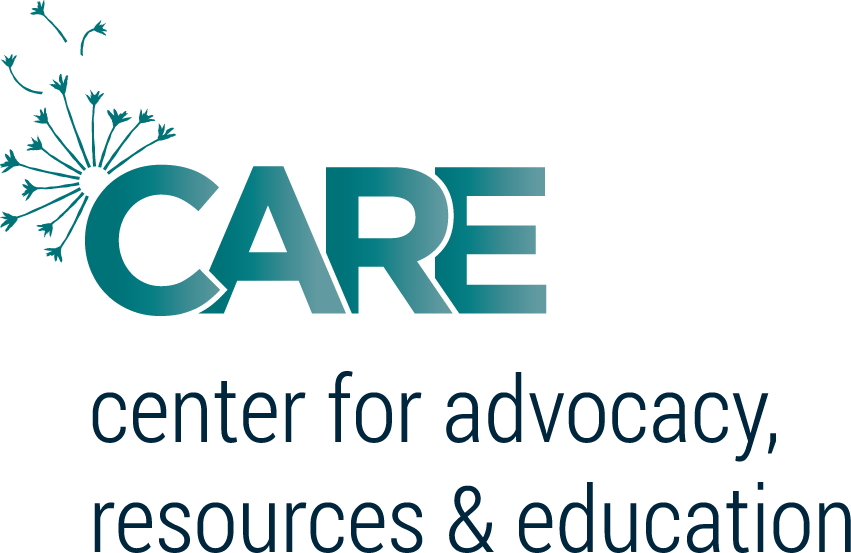Consent is…
Informed. Consent is an affirmative, unambiguous, conscious agreement by each person to engage in sexual activity. Everyone engaging in the sexual activity has full knowledge and understanding of what the sexual activity entails.
Voluntary. Consent involves positive cooperation and must be freely given. It cannot be given if there is force, threats, menace, duress, or where a person’s free will has been compromised.
Ongoing. Consent to one activity does not imply consent to another. Consent must be established before a different activity begins.
- Revocable. Sexual activity may begin as consensual. But, once someone says “no”, says they are uncomfortable, pulls away, or any other verbal or physical indication that they want the sexual activity to stop, consent has been revoked. Anything following the withdrawal of consent becomes sexual assault, regardless of the relationship between the people involved.
Consent is NOT POSSIBLE when someone is...
Incapacitated. This means that a person is unable to care for themselves, which could be due to drugs or alcohol. Just to be clear, simply having sex after drinking alcohol or using drugs is not a crime. However, when someone’s ability to take care of themselves has been severely impacted due to drugs or alcohol, they are unable to give consent. Someone who is incapacitated due to drugs or alcohol, may be acting out of character or appear “drunk”, unable to stand or walk without stumbling or swaying, or slurring their words.
Underaged. The legal age of consent in California is 18 years old. Even if someone under the age of the 18 agrees to engage in sexual activity, they are legally unable to give consent - it is still sexual assault.
Unconscious. If someone is passed out, asleep, or otherwise unconscious, consent cannot be given.
- Forced or threatened.
Rights & Responsibilities
It is your right to choose if and how you express your sexuality. You have the right to have control over your own body: it is your right to choose whether you want to be sexually active, when, with whom, and in what manner. It is also your right to change your mind and stop at any time during any sexual activity, for any reason.
It is your responsibility to respect the rights of others. Only participate in sexual activity with a partner who is freely, knowingly and enthusiastically consenting.
Affirmative Consent & "Yes Means Yes"
In 2014, SB 967 was passed and signed, effectively updating the California Education Code to require institutions of higher education to adopt an affirmative consent standard in their policies addressing sexual violence. This law under the CA Education Code states that “Affirmative consent means affirmative, conscious, and voluntary agreement to engage in sexual activity. It is the responsibility of each person involved in the sexual activity to ensure that he or she has the affirmative consent of the other or others to engage in the sexual activity. Lack of protest or resistance does not mean consent, nor does silence mean consent. Affirmative consent must be ongoing throughout a sexual activity and can be revoked at any time. The existence of a dating relationship between the persons involved, or the fact of past sexual relations between them, should never by itself be assumed to be an indicator of consent.”
While SB 967 did not alter the definition of consent in the California Penal Code, the definition in the Education Code is the basis for UC policy.
Consensuality
Consensuality refers to the process of co-creating mutually pleasurable, safe and fulfilling sexual experiences. Consensual sex is sexual activity that both people clearly desire and explicitly agree to.
Consensual sex can occur when one person asks to initiate a certain sexual activity, and the other person(s) responds with a free and knowing “Yes.” Ideally it should be enthusiastic as well.
Free: Without the presence of threat or coercion.
Knowing: Aware and understanding of the sexual act. Consumption of alcohol and/or other drugs impairs one’s ability to establish consent. If someone is unconscious (e.g., sleeping or passed out), they are not aware and cannot give consent.
Enthusiastic: Expressing an authentic, active, and excited, “Yes.” Silence or passivity does not imply consent.
Consent is an ongoing process throughout sexual interactions. This means that:
Consent must be obtained for each sexual activity. Consent to one thing does not imply consent to anything else. It does not matter whether someone has consented to any kind of sexual activity in the past. Consent cannot be inferred from a prior or current acquaintance or relationship.
Consent can be withdrawn at any time.
Learn More About Healthy Sexual Communication
“Let’s Talk About It: A Guide to Consent and Sexcessful Communication" provides information about healthy sexual communication, healthy relationships, considerations for texting, sexting, and dating apps, and more.
